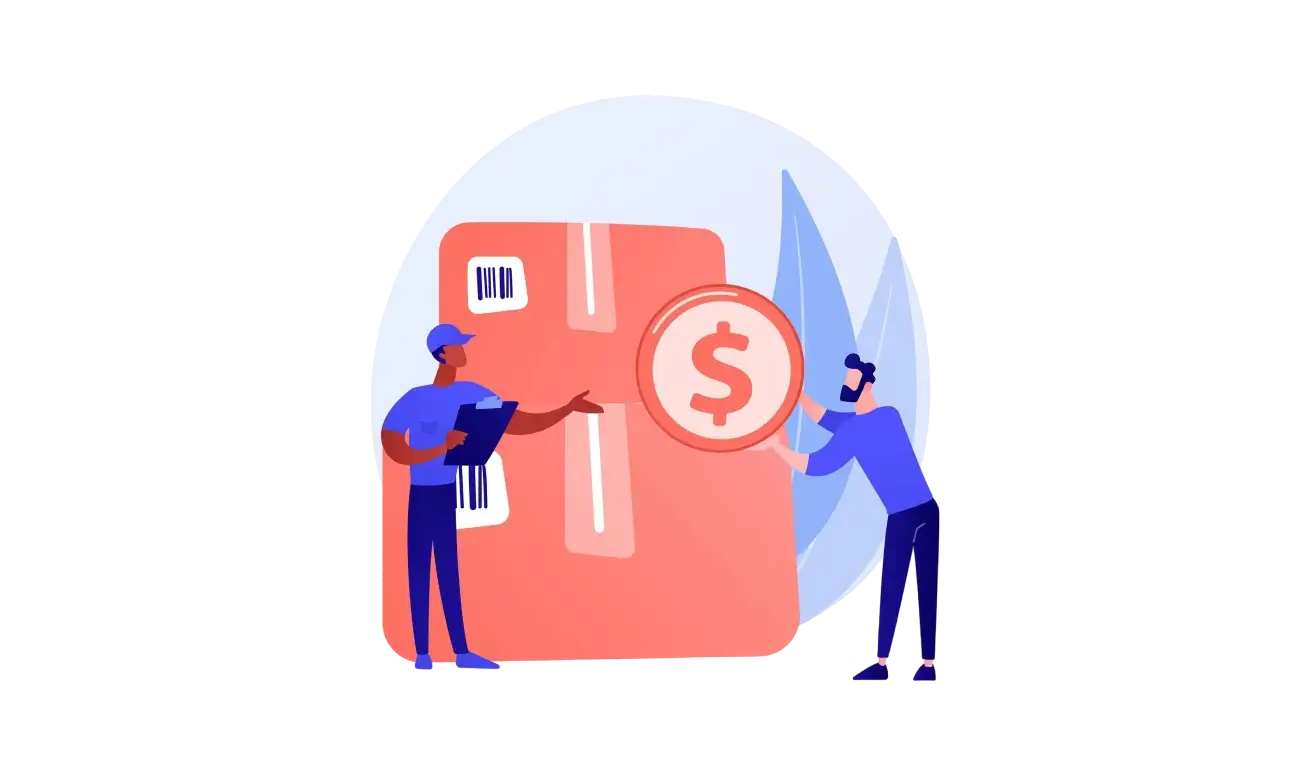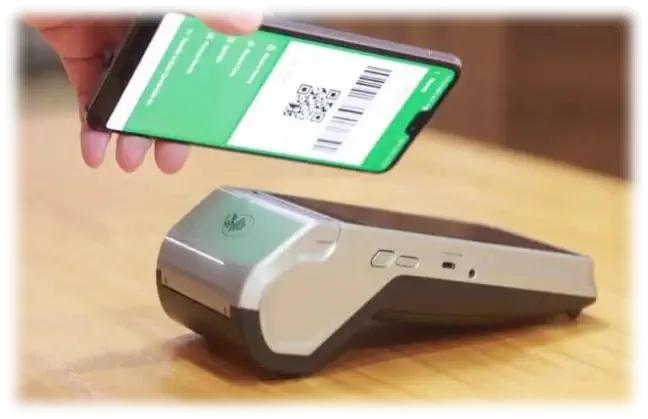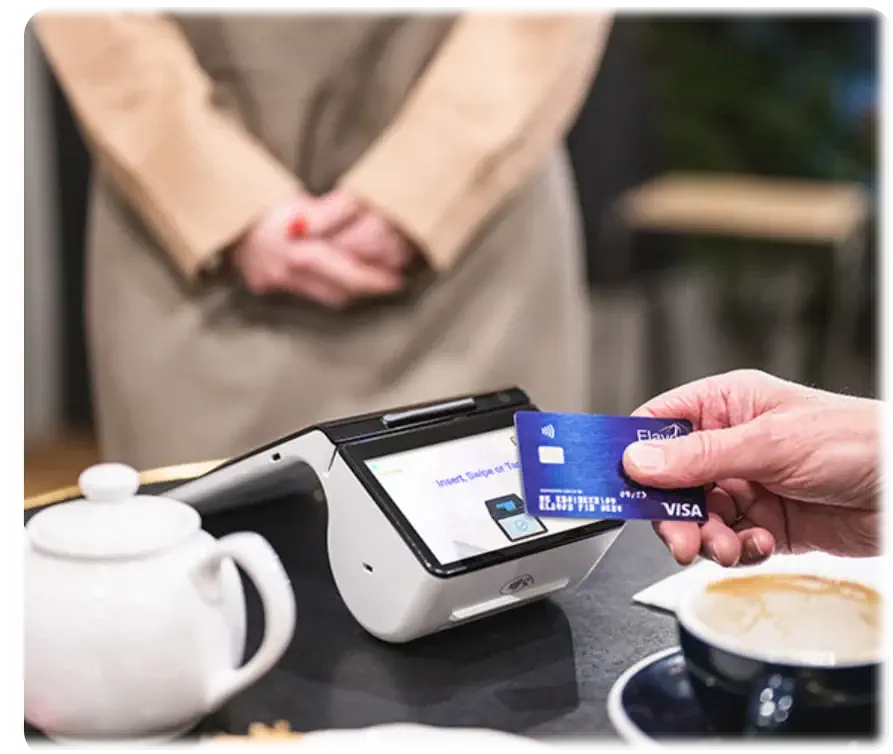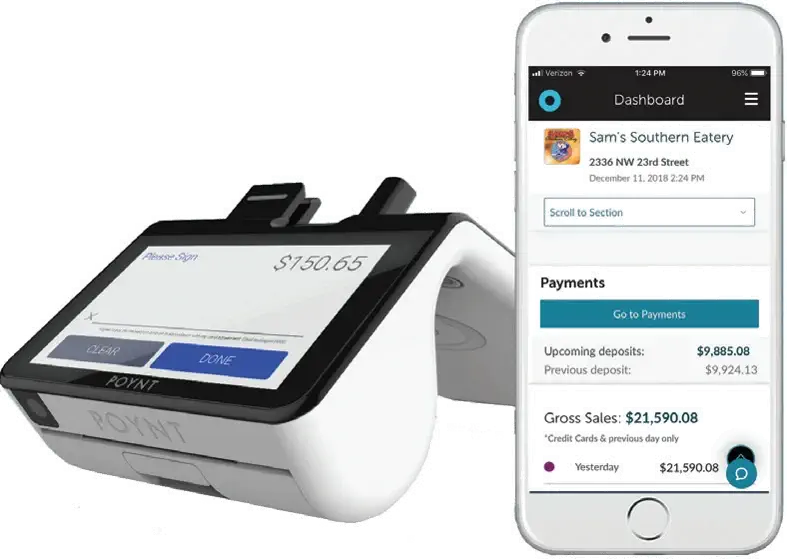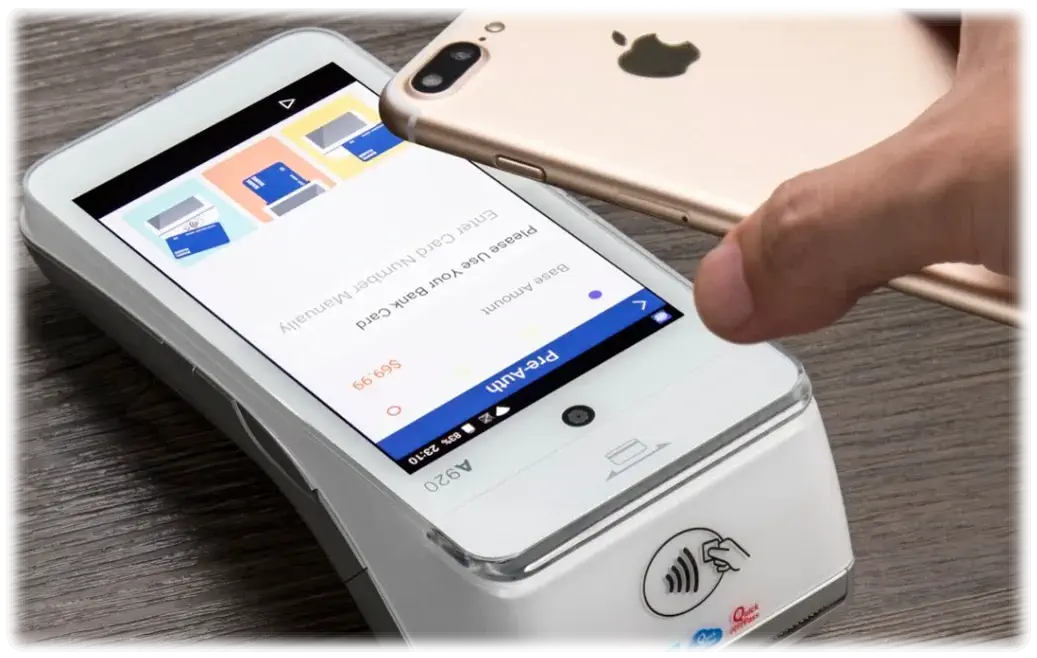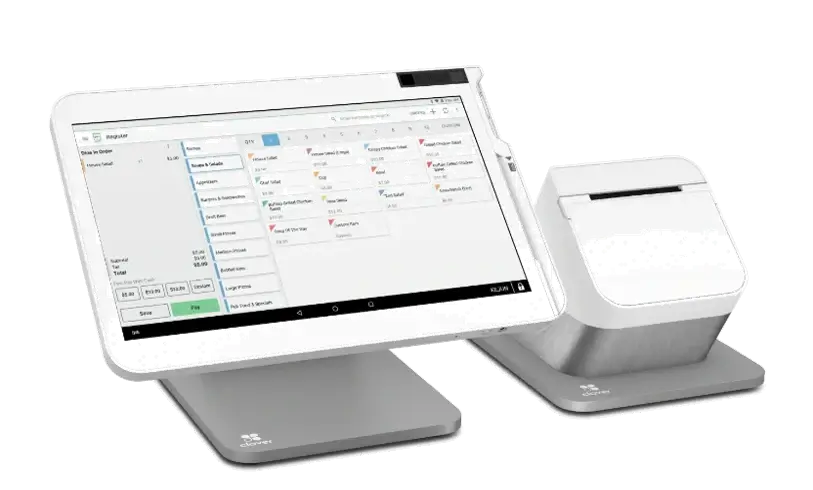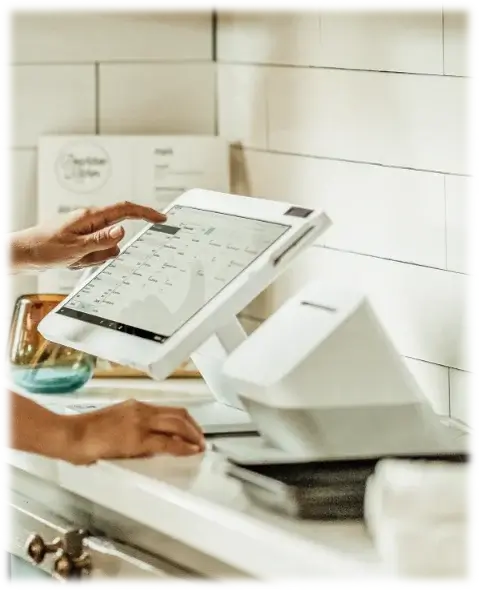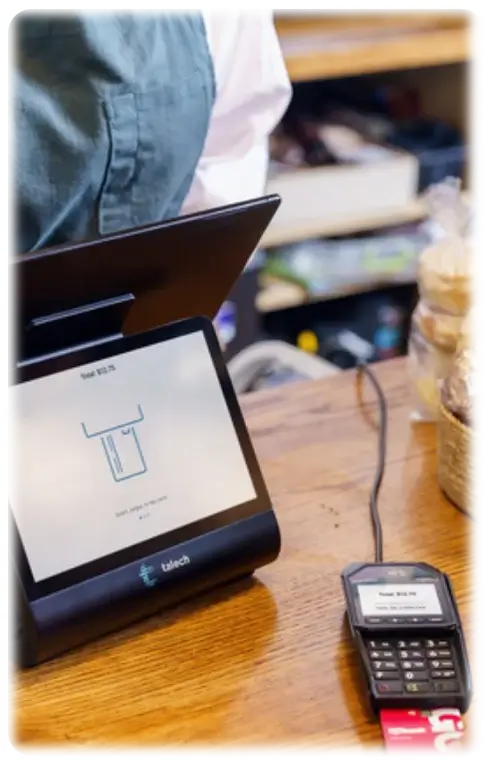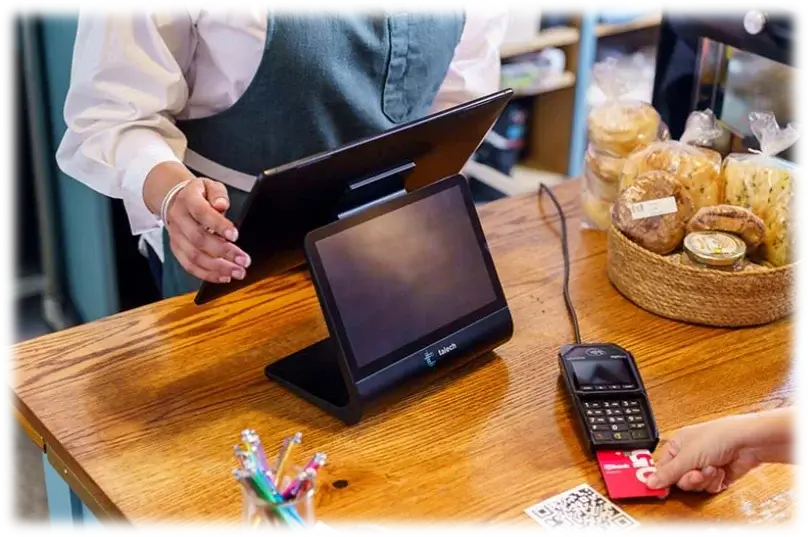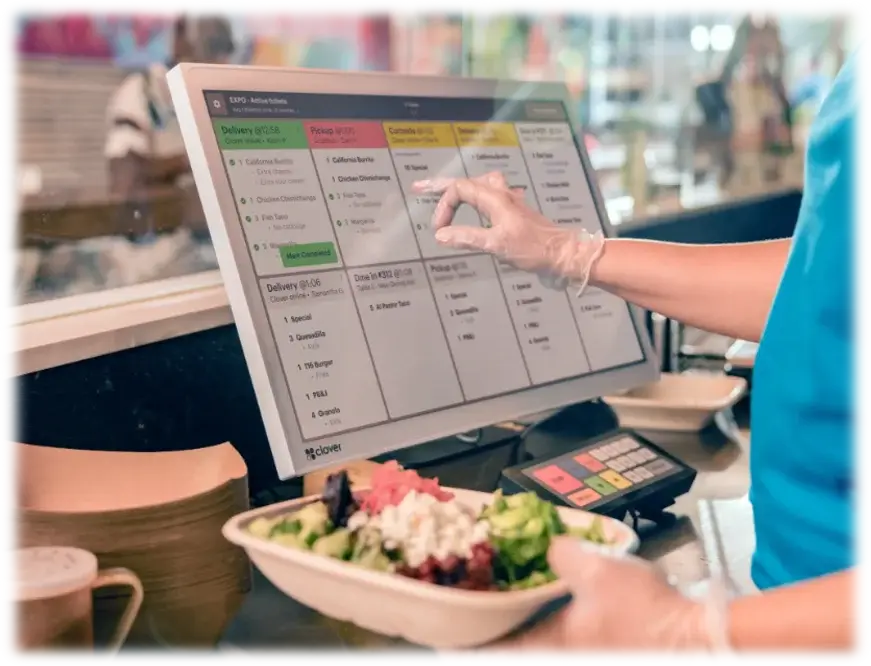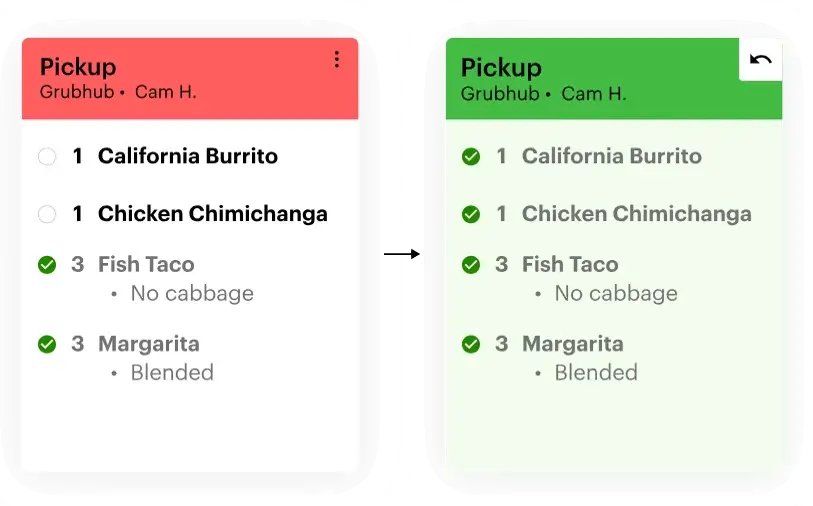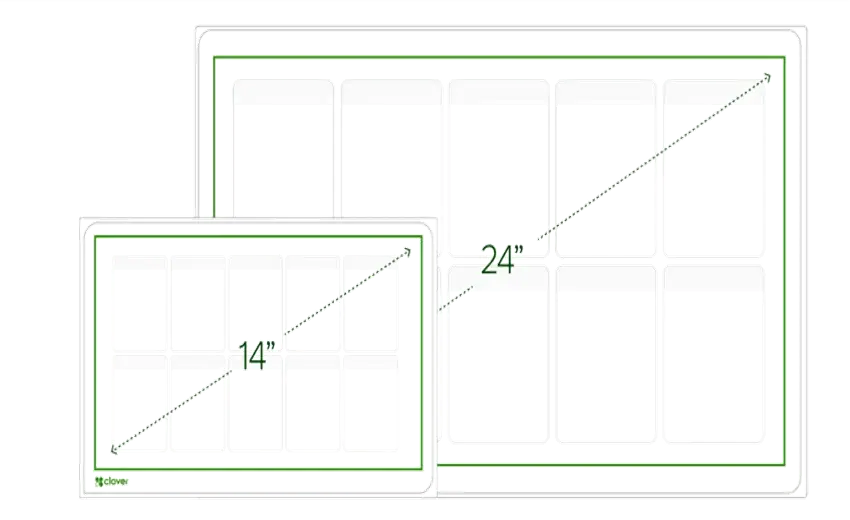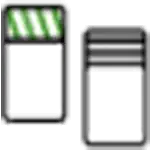Thrifty Direct Deposit Payment Solutions
Get Your Direct Deposits Processed within Seconds
The age of papers is gone. Electronic payments have taken the world by storm. Direct deposit means the transfer of money electronically without the intervention of any physical or financial elements. There is no need for waiting in queues because everything is done electronically. Whether it is paychecks, tax refunds, or other benefits, Thrifty Payments is your premium partner in processing direct deposit payments.

No Queues
You must have stood in a long queue at least once. It is frustrating and time-consuming. With direct deposits, you say goodbye to all types of queues.

Lightning Quick
The process of direct deposits is lightning-quick. Funds are transferred within the blink of an eye.

Electronic Network
An electronic network between different financial institutions facilitates direct deposit payments.

Safe and Secure
Direct deposit procedures are very safe and secure from start to finish.
